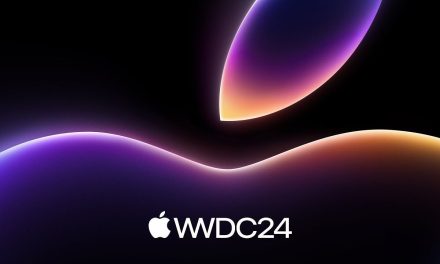We’ve come to recognize how our unconscious biases make the effort of diversifying America’s STEM workforce so much more difficult. These biases our present everywhere, even filtering down into the ways we communicate in the modern world. A group of Google employees recognized this fact, citing an opinion piece from Amy Butcher at the New York Times, “Emoji Feminism”:
Where, I wanted to know, was the fierce professor working her way to tenure? Where was the lawyer? The accountant? The surgeon? How was there space for both a bento box and a single fried coconut shrimp, and yet women were restricted to a smattering of tired, beauty-centric roles? This was not a problem for our male emoji brethren. Men were serving on the police force, working construction and being Santa. Meanwhile, on our phones, it was Saturday at the Mall of America — women shopping while men wrote the checks.
So the team at Google sought to add a dash of diversity to the familiar faces of their emojis – as they stated in a presentation given to the Unicode Consortium creating “a wide range of professions for women and men, with a goal of highlighting the diversity of women’s careers and empowering girls everywhere.” Emojis happen to be a more common form of communication for women than men, according to emotional marketing platform Emogi, with 78% of female emoji users employing them frequently in online conversation compared to 60% of men.
The Unicode Consortium is a non-profit group based out of Silicon Valley that seeks to maintain a “universal encoding standard” for the sake of efficiency, portability, and cost. Their subcommittee on emojis oversees the creation of new emojis.
If the new emojis are approved, the hope is to have them implemented within the year, taking advantage of the now swift push for greater representation in all facets of people’s lives. Indeed, it was only last month when First Lady Michelle Obama – whose initiative “Let Girls Learn” seeks to improve access to education for girls worldwide – tweeted that she would “love to see a girl studying emoji.” The Unicode Technical Committee meets in August, where more discussion on the Google team’s proposal will take place.
No matter where you look, women are gaining visibility and recognition as never before. Isn’t it time that emoji also reflect the reality that women play a key role in every walk of life and in every profession?




